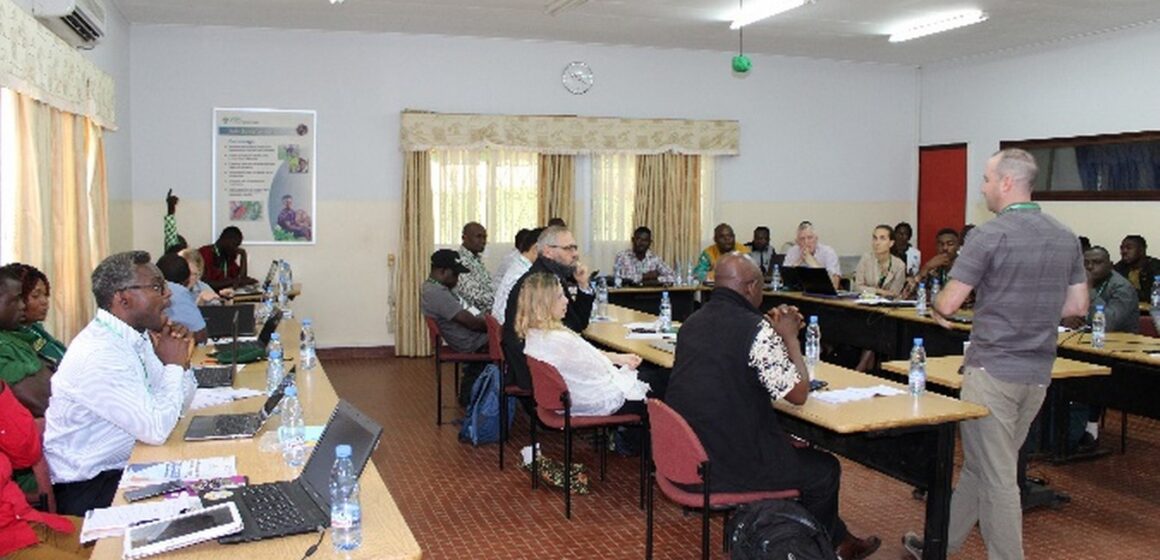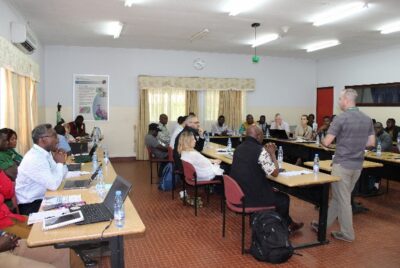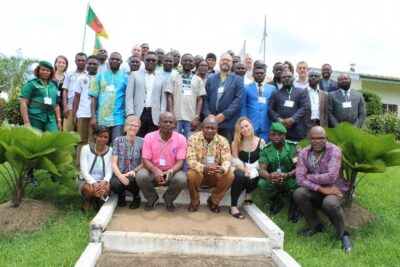It was co-organised by SCB Cameroon, the Congo Basin Institute, and the Institute for Zoology and Anthropology of Georg-August-University, Göttingen in Germany.
At the end of this workshop, participants concluded that the current conservation crisis will not be solved unless there is political will and investment at multiple levels: legal, financial, educational, and social.
They call for a commitment to developing a national legal framework based on scientific evidence, revising outdated laws, and speeding up legal processes for reviewing laws and legal procedures for conservation, and to change the current paradigm of conservation as a whole.
For example, protected species catalogues must be updated to be in line with current scientific evidence. Science must also inform the design of conservation projects, decisions, and actions. They propose that the social, economic, and ecological outputs and impacts of conservation initiatives must be rigorously monitored and evaluated by an external body, and standardised monitoring and evaluation protocols must be developed and implemented within an adaptive management cycle.
Such monitoring and scientific evidence could help using the limited resources available for conservation more wisely, but also strong prioritisation of the available resources is needed to prevent critically endangered species from extinction.


